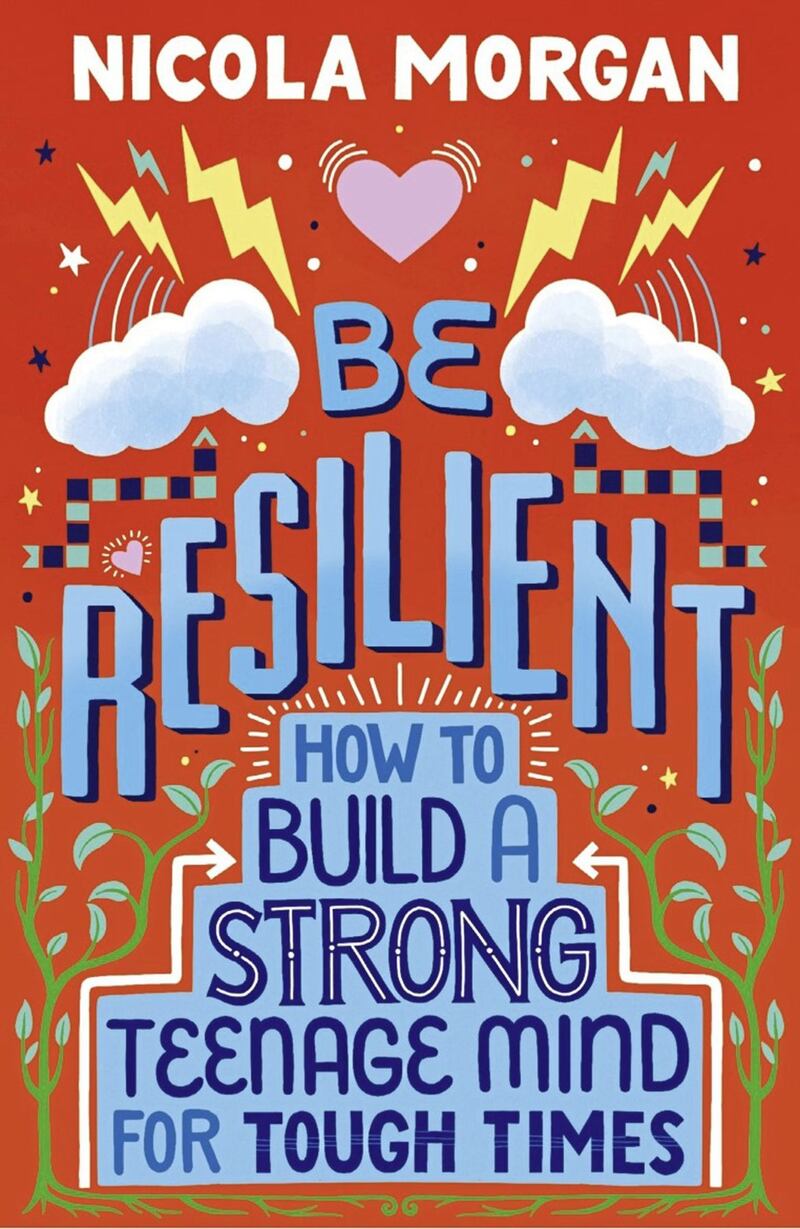My 13-year-old daughter isn't very mentally strong and gets upset very easily. How can I help her become more resilient?
Nicola Morgan, aka The Teenage Brain Woman, is the author of Be Resilient. She says: "When we're upset, we're less able to move forward and succeed, so being able to put upsets behind us is important.
"But I would start by mentally rephrasing the statement, because what is in your mind will be picked up by your daughter. I'd say, 'My daughter isn't very strong yet'. The 'yet' allows growth mindset, the idea that we get better at things by trying, persevering, practising and learning.
"Secondly, you could help your daughter recognise that one of her personal strengths is her sensitivity. Although being a sensitive person has downsides, including the pain of being upset, it has significant positives.
"Sensitive people make great listeners, kind friends, valuable team players. They are empathetic and understanding of others' needs. This is especially true when they can transfer 'this is how I feel' to 'this is how someone else might feel'.
"I suggest taking a specific incident where your daughter is upset and helping her question and analyse her emotions and thoughts. What are you feeling/what are you saying in your head/are those reasonable things to think/what do you think was in that person's mind when they acted that way/was there anything you could have done differently or not/what do you think a more resilient reaction might be?
"Finally, I'd use that conversation to practise growth mindset: What steps could help you be more resilient next time? What might you say to yourself? Think about how it would feel to be more resilient next time. How will you, with my help if necessary, make that happen? Think of simple, practical actions, such as the words she could say to herself or a positive activity to replace the distress.
"Believe she can become more resilient but remain the valuably sensitive person that she is. If you believe it, so can she."
Be Resilient: How to Build a Strong Teenage Mind for Tough Times, by Nicola Morgan, is published by Walker Books, £7.99.









